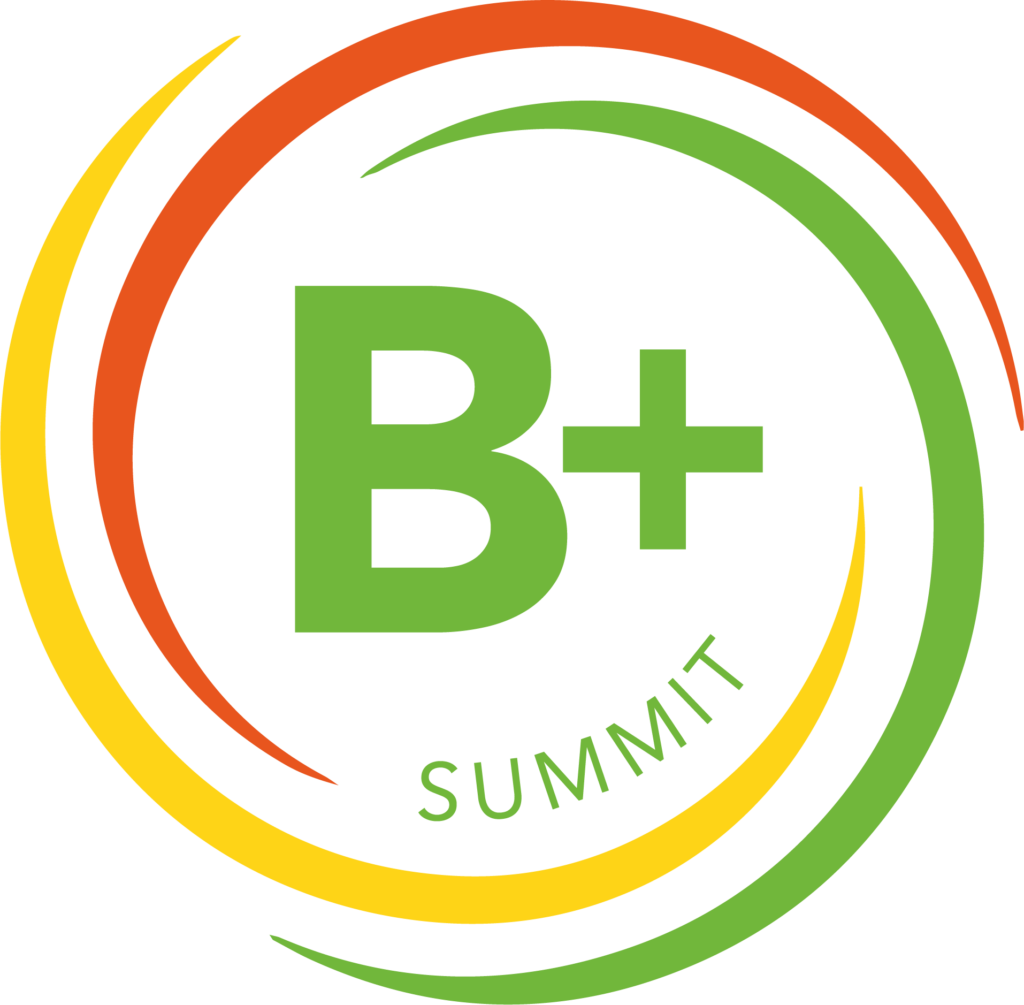
The B+ Summit will return on 1-2 October 2025, this time taking place in Vienna, Austria.
This higher biofuel blends conference – promoted by EBB and EWABA – will focus on the topic of large scale decarbonization of Heavy-Duty Vehicles through higher biodiesel (HVO & FAME) blends.
Building on the success of the inaugural edition, it is expected to gather 100+ participants from the biofuels industry and supply chain, transport & logistics companies, policymakers, NGOs, vehicle manufacturers, associations and journalists, all interested in the decarbonization of the road freight and passenger HDV sector.
• The B+ initiative
• What are higher blends
• What happened since Estoril
• Logic of the programme and session
Speakers:
How can biofuels maximise their potential in today’s market and regulatory environment?
Speakers:
Closer look on a national level for Central and Eastern Europe
Speakers:
Moderator: Deltef Evers, MVAK
Speakers:
Mandated demand for renewable liquid fuels to reach the EU climate objectives
Speakers:
The impact of the FQD on standards and regulations for high biofuel blends
Speakers:
Moderator: Adrian O’Connell, EWABA
Do we need higher blends – Do we have the right EU policies in place?
Speakers:
Moderator: Giulia Squadrin, Argus
Speakers:
Closer look on a national level, across Europe
Speakers:
Moderator: Matthew Stone, Resource Wise/PRIMA Markets
Speakers:
– Price mechanisms to drive adoption of B100/HVO100
– The decisive factor for logistics & transport company: total cost of ownership of the truck, depending on the energy used
– Commitment from truck manufacturers, while electrification emerges as a competing pathway
Speakers:
Contribution of B+ beyond road use, and opportunities in non-road sectors
Speakers:
Moderator: Leonidas Kanonis
Speakers:
Speakers:
Speakers:
Overview of the implementation of the RED across Europe
Speakers:
Speakers:
Co2 regulation in light-duty and heavy-duty – what role for higher blends
• 100% CNF
• CCF
• Penalties for OEMs
• Challenges in electrification
Speakers:
Moderator: Elmar Baumann, Verband der Deutschen Biokraftstoffindustrie e. V.
Transport sector vision for the use of higher blends
Speakers:
Moderator: Xavier Noyon, EBB
Speakers:
Project overview, objectives, results and road ahead
Speakers:
• The B+ initiative
• What are higher blends
• What happened since Estoril
• Logic of the programme and session
Speakers:
How can biofuels maximise their potential in today’s market and regulatory environment?
Speakers:
Closer look on a national level for Central and Eastern Europe
Speakers:
Moderator: Deltef Evers, MVAK
Speakers:
Mandated demand for renewable liquid fuels to reach the EU climate objectives
Speakers:
The impact of the FQD on standards and regulations for high biofuel blends
Speakers:
Moderator: Adrian O’Connell, EWABA
Do we need higher blends – Do we have the right EU policies in place?
Speakers:
Moderator: Giulia Squadrin, Argus
Speakers:
Closer look on a national level, across Europe
Speakers:
Moderator: Matthew Stone, Resource Wise/PRIMA Markets
Speakers:
– Price mechanisms to drive adoption of B100/HVO100
– The decisive factor for logistics & transport company: total cost of ownership of the truck, depending on the energy used
– Commitment from truck manufacturers, while electrification emerges as a competing pathway
Speakers:
Contribution of B+ beyond road use, and opportunities in non-road sectors
Speakers:
Moderator: Leonidas Kanonis
Speakers:
Speakers:
Speakers:
Overview of the implementation of the RED across Europe
Speakers:
Speakers:
Co2 regulation in light-duty and heavy-duty – what role for higher blends
• 100% CNF
• CCF
• Penalties for OEMs
• Challenges in electrification
Speakers:
Moderator: Elmar Baumann, Verband der Deutschen Biokraftstoffindustrie e. V.
Transport sector vision for the use of higher blends
Speakers:
Moderator: Xavier Noyon, EBB
Speakers:
Project overview, objectives, results and road ahead
Speakers:
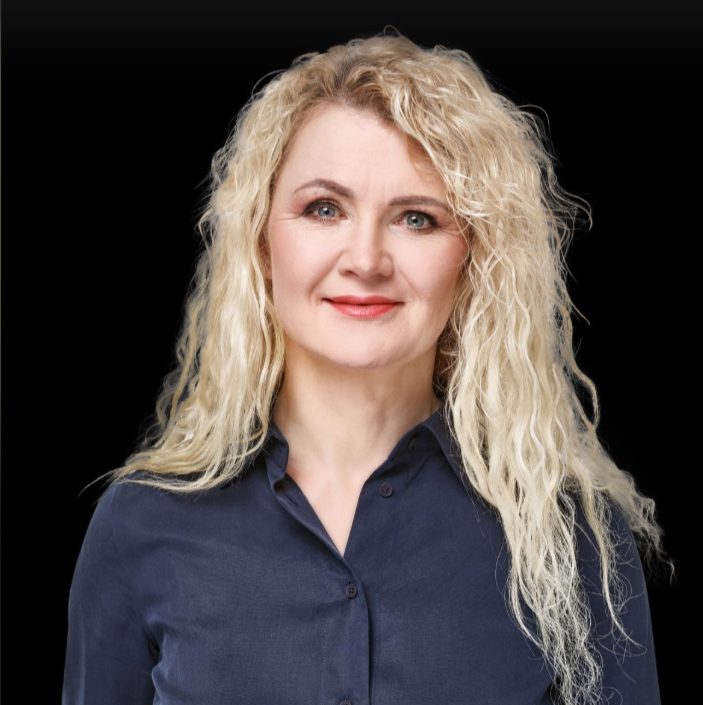
Bio available soon.

Francesco Corvaro is the Special Envoy for Climate Change of the Italian Government and a Professor at the Università Politecnica delle Marche. Appointed in 2022, he represents Italy in high-level international climate negotiations, including UNFCCC processes, G7, and G20 working groups. He plays a key role in fostering multilateral dialogue and advancing Italy’s climate diplomacy, particularly within the Mediterranean and the European Union.
With a background in energy systems and environmental engineering, Professor Corvaro brings academic and technical expertise to global climate policy. He is committed to promoting sustainable development, resilience, and innovation through science-based and inclusive approaches. His work supports Italy’s leadership in the global transition toward a low-carbon, climate-resilient future.
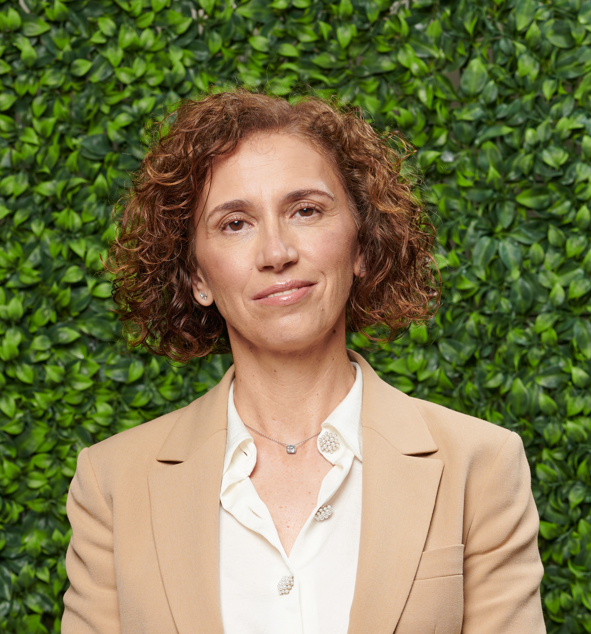
The last 19 years have been dedicated to PRIO and the biofuels industry, working in different areas: production, quality/research, management, and regulatory issues. She led the transition process from the unit, designed to process vegetal virgin oils, to a production unit based on wastes and residues.
She is currently COO at PRIO Bio, with responsibilities for the Biodiesel Production Unit, Supply of raw materials for biodiesel production and Innovation & ESG for the entire PRIO Group. Represents the company in several national and international forums related to the field of biofuels. She is also on the board of EWABA, European Waste-Based & Advanced Biofuels Association and is President of ABA- Advanced Bioenergy Association in Portugal.
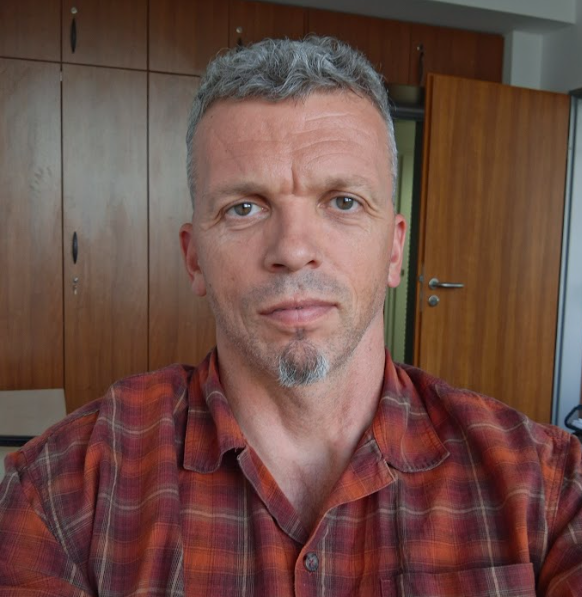
Experienced energy economist and project leader with over 20 years in regulation, policy development, and strategic decision support at national and EU levels. Proven track record in managing regulatory frameworks for natural gas, district heating, and now renewable fuels, as well as representing ownership interests and leading multicultural teams. Commited for actions against climate change, skilled in data interpretation, economic analysis, and project coordination, with international experience at Eurostat, the European Commission, and consultancy roles. Holds a PhD in Forestry Policy and an MSc in Engineering Economics, fluent in English and Romanian, with additional knowledge of German and French.
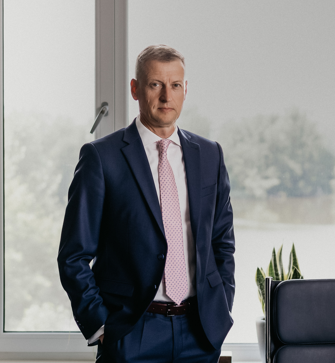
With over 20 years of executive and management experience across sustainable industries, he is a recognized authority in Central European biofuels sector. Under his stewardship, Envien Group achieved significant growth , spanning operations across several European countries, India and Brazil.
Throughout his career, Peter has combined business leadership with active involvement in academia and industry development. He earned his degrees from Comenius University in Bratislava and the School of Management/City University of Seattle. He served as a long-standing member of the Board of Trustees at the Slovak University of Technology and currently holds the position of Vice-Chairman of the Executive Board at Slovak Association for the Production and Use of Biofuels (ZVVB). He also serves as vice-chairman of the board of Czech biofuel producer Ethanol Energy and vice-chairman of the board of the Indian joint venture Zuari Envien Bioenergy.
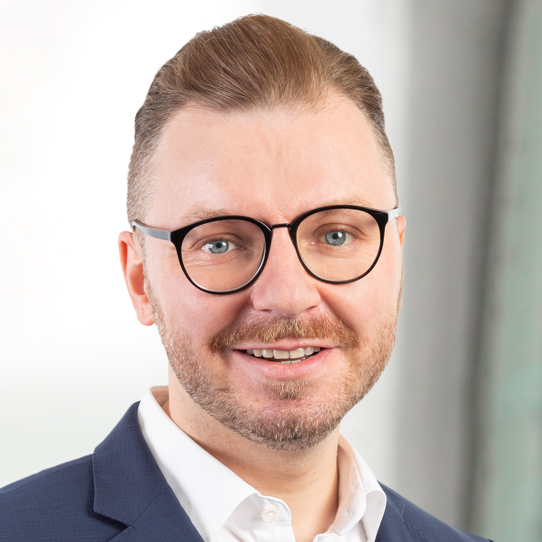
Ewald-Marco Münzer is CEO and Managing Partner of Münzer Bioindustrie GmbH, a family-owned Austrian company that has grown into one of Europe’s leading producers of waste-based biodiesel. Under his leadership, the company has expanded internationally and built a fully circular business model – from the collection of used cooking oil through advanced biofuel production to innovative consumer solutions such as the nationwide “Münzer Box” system at OMV fuel stations.
Beyond the company, he plays a key role in shaping European biofuel policy: since 2022 he has served as President of the European Waste-based & Advanced Biofuels Association (EWABA), where he advocates for the introduction of higher biodiesel blends like B10 and for fair market conditions for European producers. Recognized as EY Entrepreneur of the Year Austria 2023 in the Sustainability & Greentech category, he represented Austria at the EY World Entrepreneur Of The Year in 2024, highlighting his commitment to sustainable innovation and energy transition.

Educated in agricultural, but also political sciences. In the beginning of his career associated with agricultural organizations. From 2011 the Director General and Member of the Board of the Polish Chamber of Biofuels (KIB). From 2015 also Director General of the Polish Association of Oil Producers (PSPO). In 2015-2017 and from 2025 Vice-chair of the Working Group “Bioenergy/biotechnology” at COPA-COGECA. In 2015-2018 Member of the Board of European Association of Oil Producers FEDIOL. Author of numerous publications and articles in the field of agriculture, renewable energy and transport biofuels. Member of the Global Council for Innovation in Rapeseed and Canola (GCIRC), Member of the Commission for the Registration of Varieties of Oil and Textile Plants at Polish Central Research Center of Crop Cultivars. Awarded by Minister of Agriculture and Rural Development the honorary badge “Distinguished for agriculture”.

Mat Stone is VP Business Development & Low Carbon Fuels, at ResourceWise. Mat founded PRIMA, an award-winning research and data firm specializing in the low carbon transportation fuel markets since 2015. PRIMA joined ResourceWise in 2022 to add a carbon vertical alongside verticals in forestry, pulp and paper, petrochemicals, methanol and biogenic carbon. Mat has worked across energy and agricultural commodities in pricing, research and broking in the US, Europe and Asia since 1998. He has established several listed price benchmarks for emerging low carbon commodity streams as well as pioneering market research into new energy streams. PRIMA’s data and analytics are widely used across the energy industry for their insights into the renewable energy interface between policy, markets and fundamentals. Mat’s current responsibility include developing fully traceable MRV technology solutions for biogenic carbon products.

Jay Murray is Head of Corporate Development for Optimus Technologies, a dual fuel conversion technology enabling heavy duty diesel engines to seamlessly operate on B100, the lowest total cost pathway for fleet decarbonization. In his role, Jay manages a broad portfolio of strategic business development activities including new market development, strategic finance, and regulatory affairs.

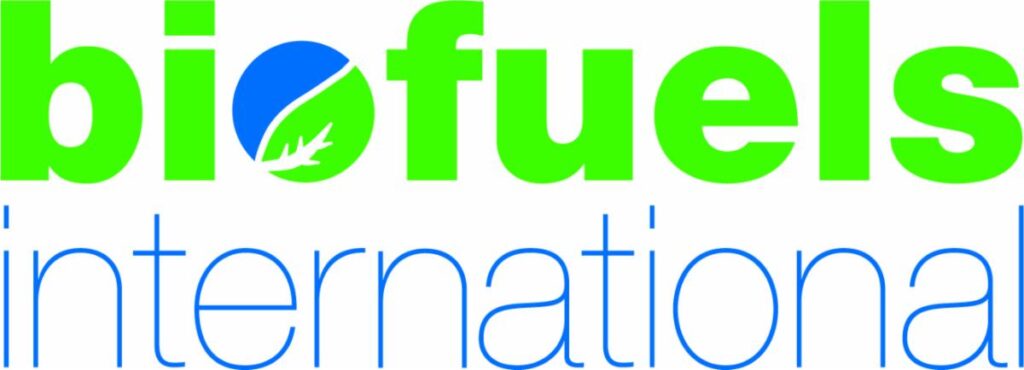

For more information on any aspect of this event, please contact Charys Bestley using any of the details below.
Charys Bestley
Event Manager